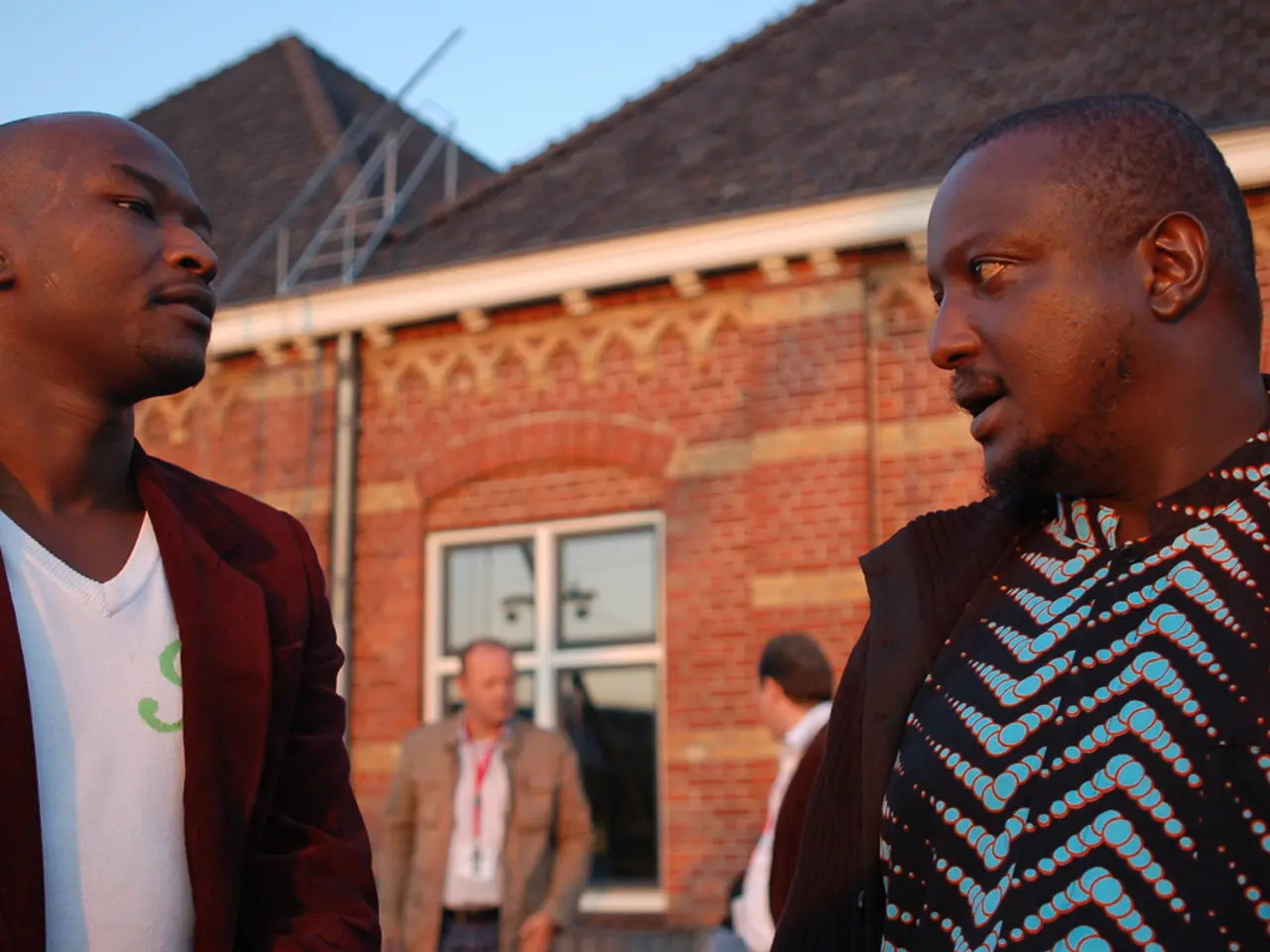Empower young people by starting from grassroots levels
As International Youth Day approaches on August 12, the need for youth empowerment is more crucial than ever. In Kenya and across Africa, young people are stepping forward, organizing in their communities, building businesses, and shaping the future.
One such initiative is the Youth Voice Empowerment (YVE) programme, a collaborative effort between Shinning Hope for Communities and the Mastercard Foundation. Through YVE, hundreds of informal settlements and underserved counties have established youth-led platforms, fostering a culture of leadership and community engagement.
The Mastercard Foundation is committed to enabling 30 million young people across Africa access dignified work, recognizing the scalability and impact of systems like YVE, which are built with, by, and for youth.
YVE's peer-led design, consistent community feedback, and embedded local governance create responsive and resilient systems. This approach is transforming exclusionary systems, particularly for young women, refugees, and persons with disabilities, who are often disproportionately affected.
Examples of this transformation can be seen in various youth-led initiatives across the continent.
In Kenya, the Youth Without Borders Organization for Development (YWBOD), with support from Saferworld, engages youth in peacebuilding, economic, and political participation. A youth-led initiative in Al-Daym village installed a rainwater harvesting system, resolving water conflict, building community pride and solidarity while improving access to resources.
The Paradigm Initiative’s LIFE Legacy Programme empowers underserved youth across 12 African countries, including Kenya, by offering digital skills training and entrepreneurship opportunities. The programme supports economic self-reliance, especially targeting girls, enabling youth from disadvantaged backgrounds to initiate community development projects.
The Mathare Roots Initiative in Kenya leads environmental clean-ups, tree planting, and environmental education in urban informal settlements, tying local action to global goals like sustainable cities and climate action.
Kijani Yetu / Kijani Mtaani projects in Eastern Kenya emerged from youth leadership in climate justice education and land restoration, scaling into community-led movements that engage children and families, demonstrating how youth initiatives secure sustained environmental and social impact through local ownership and education.
Lastly, WeWorld Onlus programmes in Kenya promote youth leadership in climate justice by linking peace-centred Swahili cultural practices with youth-driven conflict resolution and community dialogue, thus empowering youth to actively contribute to harmony and resilience in vulnerable regions.
These initiatives address youth exclusion by providing skills development and entrepreneurship pathways, enabling youth to lead conflict resolution and peacebuilding, using cultural identity and local knowledge to contextualize interventions, creating platforms for youth civic engagement and environmental activism, and supporting gender inclusion.
In conclusion, these examples show how youth-led initiatives in Kenya and Africa transform youth exclusion into leadership and community empowerment by combining practical solutions, capacity building, and collaboration with local and international partners. Deliberate inclusion and leadership from these communities is crucial to avoid deepening inequality and ensure sustainable outcomes are built from the bottom up.
- As part of their personal-growth journey, youth participants in the Youth Voice Empowerment (YVE) programme are learning valuable leadership skills that will benefit them in future politics.
- The LIFE Legacy Programme, run by The Paradigm Initiative, is a key example of an education-and-self-development initiative that empowers underserved young people with digital skills training and business opportunities.
- In Kenya, WeWorld Onlus programmes focus on health education, particularly climate justice, by connecting peace-centred Swahili cultural practices with youth-driven conflict resolution, fostering personal-growth and community harmony.




